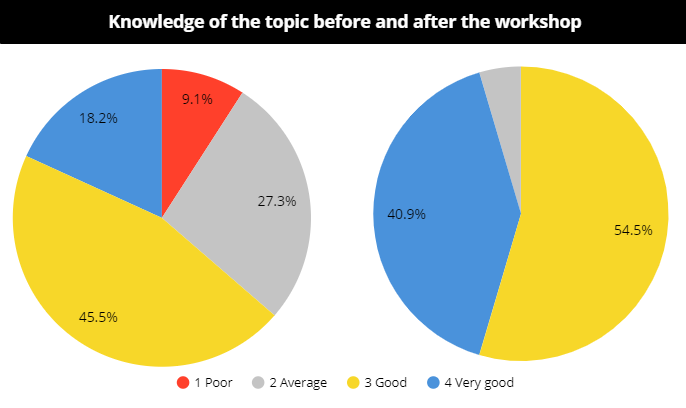The Greenhouse Gas Management Institute (GHGMI) is working with the Government of Fiji in implementing an Initiative for Climate Action Transparency (ICAT) project. ICAT works with countries to provide guidance, capacity building, and knowledge to facilitate a common transparency framework in the assessment of policies and climate actions. The initiative offers a suite of resources and guides that are especially relevant to countries developing and implementing their Nationally Determined Contributions (NDCs). GHGMI has been an implementing partner for ICAT since 2020 and currently provides technical support to seven countries, including Fiji.
The Fiji ICAT project is focused on strengthening institutional monitoring, reporting, and verification (MRV) capacity for estimating agriculture sector GHG emissions and assessing GHG and sustainable development impacts of agriculture sector policies – the country’s second-largest source of emissions (excluding LULUCF). According to Fiji’s Third National Communications (NC3), agriculture emissions account for 21% of Fiji’s inventory (total of 551 Gg of CO2e) with methane emissions accounting for the largest majority (405 Gg of CO2e; 78% from enteric fermentation, 20% from manure management, 2% rice cultivation)[1].
Working with Fiji’s Ministry of Agriculture and Ministry of Economy, the main goals of the 14-month project are to:
- Develop the blueprint for an MRV system for the agriculture sector by focusing on emissions from enteric fermentation, manure management, and rice cultivation.
- Build the capacity of national experts to calculate emissions from livestock and rice cultivation using the 2006 IPCC methodology.
- Apply ICAT tools for policy impact assessment in the agriculture sector.
- Develop recommendations for including agriculture sector policies in future NDC updates.
The ICAT project supports Fiji in two main ways. First, it provides funding to hire national experts who will carry out the goals of the project. Second, ICAT implementing partner GHGMI provides technical support to the Government of Fiji and national experts on the delivery of project outputs. This approach recognizes the need and opportunity to develop national expertise for the agriculture sector MRV with guided support by leading international experts in the field of agriculture sector GHG accounting. To this end, GHGMI and New Zealand and Australian experts from GRA, are developing a series of hands-on training to guide Fiji’s national experts in developing: (a) an instruction manual for the calculation of GHG emissions from livestock and rice cultivation in Fiji; (b) a report on estimated GHG and sustainable development impacts of two agriculture sector policies; and (c) a national systems guidelines manual for the agriculture sector.
The guided training series will develop national experts’ theoretical and practical skills in data processing, national MRV systems, and on the fundamental application of the 2006 IPCC guidelines – enabling Fiji to maintain their own agriculture GHG inventory and MRV system in the future. The hands-on training will be focused on the estimation of emissions from agriculture key sources (livestock and rice cultivation) using best available data, understanding and applying ICAT guides for assessing GHG and sustainable development impacts of agriculture policies, and developing institutional arrangements, national reporting system design, and Quality Assurance/Quality Control (QA/QC) plans for the agriculture sector in Fiji. The ICAT impact assessment guides are a series of methodologies and frameworks for assessing the GHG, sustainable development, and transformational change impact of policies. Additionally, by strengthening Fiji’s agriculture MRV and policy assessment capacity, the project aims at identifying ways in which the sector can be included in future NDCs. It will also support the agriculture sector reporting for the next national GHG inventory within Fiji’s First Biennial Report and the Fourth National Communication and build a solid platform for reporting the agriculture sector under the Paris Agreement.
The project was officially launched at its Inception Workshop in January of 2021 with key stakeholders introducing the project and creating awareness on MRV and GHG Inventory as an important tool in driving policy action for the sector. The topics covered include expectations and project needs for setting up agriculture MRV and conducting policy assessment. A survey of workshop participants indicates the experience improved stakeholders’ understanding of these topics (Figure 1).
[1] Data collected from Fiji’s Third National Communication (2011). Percentages were approximated.
—
Originally posted by the Global Research Alliance (GRA) on March 5th, reposted on GHGMI’s blog with consent.


Comments